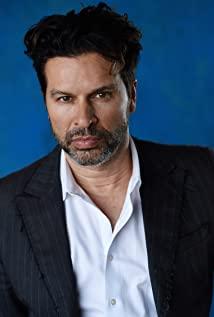Although Carrier suffers from low-noise anxiety psychosis and needs medication to control her condition, her love for the cause of anti-terrorism is her belief in her ability to uphold the CIA's job under various harsh working conditions and political persecution in the office. This belief is so strong that even though she loves Brody, she still clearly perceives his intentions.
During his time in custody, Brody survived on the dogmatic beliefs of the Marine Corps. It is also in the belief of the Muslim religion that he decided to use himself as a bomb to retaliate against the vice president of the US government. Of course, in the eyes of Americans, it is a terrorist incident. A person with strong beliefs will not hesitate to sacrifice his own life, abandon his family who love him, and die with the so-called enemy.
I think Americans still want to discuss what the so-called terrorists and terrorist incidents are. From different angles, it may be easier to understand the reasons behind those behaviors. Using a rebellious white marine as the protagonist should have a more shocking effect. It's just that logically, I still think Brody's conversion to Muslims is a bit far-fetched. The leader of al Qaeda didn't kill him, but it doesn't make much sense for him to turn against him. It took him so long to do these dramas, relying on an American soldier who went back to be a hero to carry out his revenge, and it was too much to overestimate his belief in Muslim religion.
However, from the perspective of theme, characters and plot design, it is still a good film worth watching.
View more about Homeland reviews











